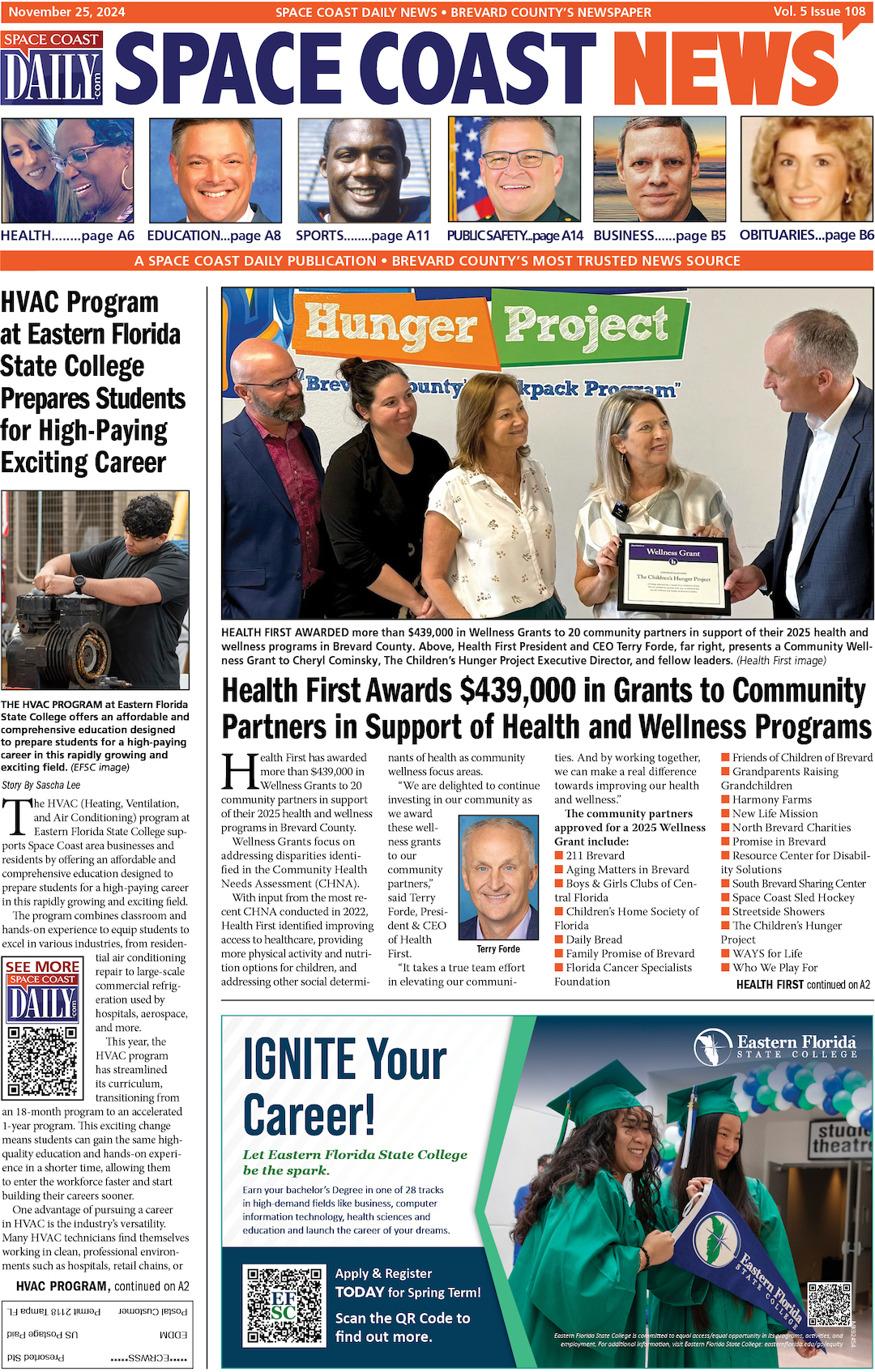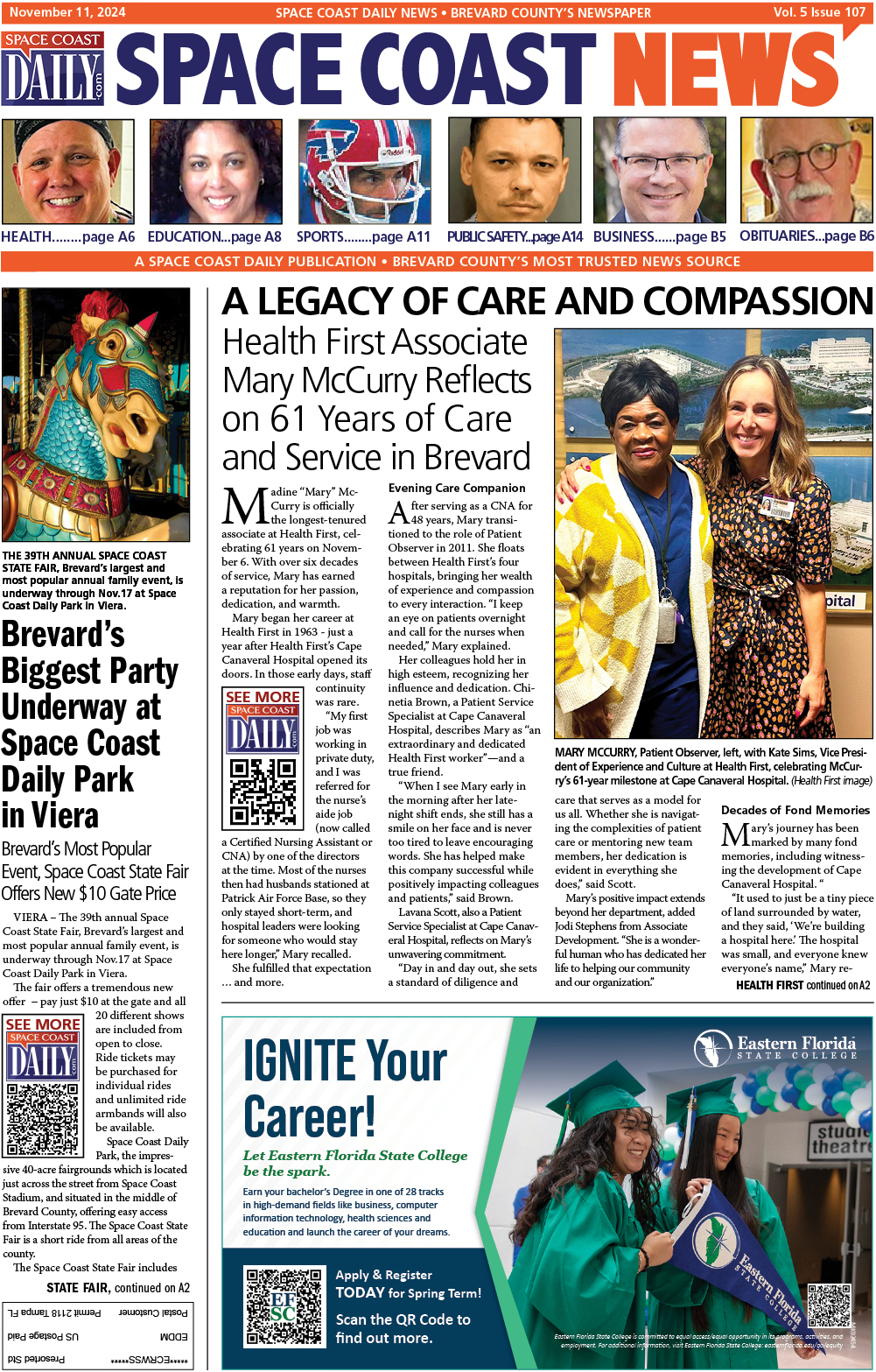Florida PPACA ‘Navigator’ Grants Total $7.8 Million
By Dr. James Palermo // August 16, 2013
'NAVIGATORS' TO HELP CONSUMERS UNDERSTAND AND USE THE EXCHANGE SYSTEMS
In order to educate the public on the looming major implementation of the Patient Protection and Affordable Care Act’s (PPACA, aka Obamacare) health insurance options and walk the consumers through the enrollment process, Health and Human Services (HHS) has earmarked up to $67 million in grants for enrollment and outreach workers called “navigators,” with $7.8 million going to organizations in Florida.
The PPACA requires health insurance exchanges to hire navigators, who do not have to be licensed agents or brokers and are not paid by insurance companies, to help consumers understand how to use the exchange system.
‘NAVIGATORS’ CONSIDERED KEY TO PPACA IMPLEMENTATION

The federal government is setting up and funding all or part of the insurance exchange markets in 34 states. The effectiveness of the navigators, who will be trained in the nuances of how new health insurance markets will work and whether the consumer will qualify for subsidies to help with the cost of coverage, will depend on their ability to clear up confusion and allay fears related to Obamacare, and the extent of resources available in each state to reach the people shopping the exchanges for health insurance.
Navigators are seen as crucial to the success of the law, which provides for an October 1 launch of the enrollment process on the online insurance marketplace and a January 1 deadline, at which time most Americans will be required to have health coverage or pay a fine.
USF PROGRAM SCORES LARGEST ‘NAVIGATOR GRANT’
A logical choice for issue of the largest Florida “Navigator Grant” of $4.2 million was the Florida Covering Kids & Families program, which is part of a Robert Wood Johnson Foundation-funded national program with its Florida base at the University of South Florida’s College of Public Health.
 The program fosters and facilitates innovative methods for enrolling and retaining eligible children in Florida’s publicly funded insurance programs, and is well positioned to carry over their work into the adult population.
The program fosters and facilitates innovative methods for enrolling and retaining eligible children in Florida’s publicly funded insurance programs, and is well positioned to carry over their work into the adult population.
Other grant recipients in the state are:
- Epilepsy Foundation of Florida–Anticipated grant amount: $637,686
- Advanced Patient Advocacy, LLC–Anticipated grant amount: $413,152.20
- Legal Aid Society of Palm Beach County, Inc.–Anticipated grant amount: $446,783
- Pinellas County Board of County Commissioners–Anticipated grant amount: $600,000
- National Hispanic Council on Aging–Anticipated grant amount: $646,825.50
- Cardon Healthcare Network, LLC DBA Cardon Outreach–Anticipated grant amount: $238,000
- Mental Health America–Anticipated grant amount: $683,691
‘NAVIGATOR’ WAGE WILL RANGE $20-$48 PER HOUR
The federal exchange navigators will have their work cut out for them and, according to projections from the Centers for Medicare and Medicaid Services (CMS), a few at the very top will get paid up to $48 an hour.

CMS said a client-level navigator/caseworker, who will be paid about $20 per hour, will likely spend an average of one hour per client, with about 10 minutes of each hour being devoted to record-keeping. The time of a mid-level project leader will be about $29 per hour with senior-level executives earning $48 per hour.
THOUSANDS MORE PEOPLE ON THE FEDERAL PAYROLL
Several recent reports suggest that navigator funding and training is behind schedule and so are parts of the online marketplace security system creating risk of mishandling or lax security involving access to consumers’ confidential health information. However, spokesmen for HHS say the market will be ready and open for business by the October 1 deadline.
Extraordinary challenges to effective PPACA implementation exist. One thing for sure, with the navigator program, Obamacare has again put thousands more people on the federal government payroll. How effective the navigators will be and how much of an impact they may have on consumer online marketplace enrollment in the exchanges remains to be seen.












